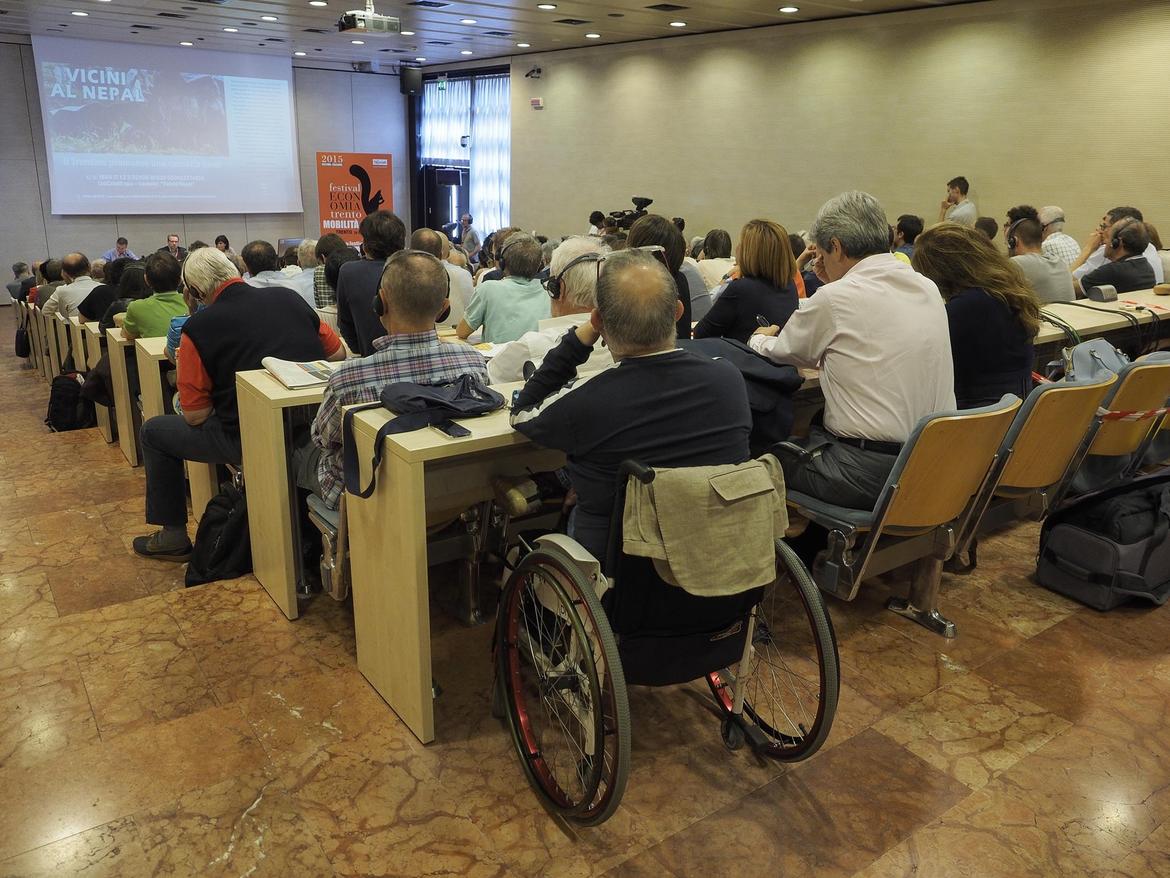
While for Lucrezia Reichlin it is necessary to protect economies from sudden changes, for Lorenzo Bini Smaghi the problem is not the extent of debt but its distribution over different states. He believes that the real problem is generated in the wrong countries, whereas nations with more economically solid situations could permit themselves to generate more debt. The problem is how to ensure that debt is secure, or rather sustainable. The underlying theme, for Greece but also for Italy, is the lack of growth: if there were more growth debt would not represent a problem. For Wolfgang Münchau, common rules are needed in the fiscal sphere in order to achieve stability in the Eurozone.
According to Lucrezia Reichlin, delaying debt restructuring has been very costly for Greece and rules are required making it possible for it to go bankrupt without this leading to enormous problems for everyone else. Bini Smaghi underlined that the sustainability of debt is influenced by many factors, including the political situation, so it is difficult to control the situation with rules alone. For this reason, in an advanced economy, debt-restructuring is complicated: it is necessary to manage the markets' reaction in order to control what happens to the banking system, evaluating whether to recapitalise. In any case, money is needed when debt restructuring takes place and this therefore creates further debt. The relationship between interest rates and growth is fundamental, he added: having low interest rates is essential for sustainability.
For Greece today, Lucrezia Reichlin added, the problem is to establish a credible programme that starts from realistic analysis of the situation, with competition and competitiveness coming into play. One cannot expect Greece to become like Germany within three years. "No one can't", agreed Bini Smaghi "but the process can at least be started up". The economist also repeated that sovereign default is a dramatic event that has never taken place without leading to tragedy. It therefore needs to be managed with extreme care, in order to avoid contaminating other innocent countries. "It is a difficult and complicated step", stated Bini Smaghi "and it should be avoided in so far as this is possible. Greece needs money, the economy is in the red. It needs funds to implement the programme of reforms, which requires an increase in expenditure. Only the Europeans can give the Greeks money, unless they start printing money. They are under the illusion that if they default they would save on interest rates".
"The most important thing", Lucrezia Reichlin affirmed "is to prevent a state of total confusion within three months. Priorities must be fixed and conditions established for the programme of reforms in order to obtain long-term sustainability".
"Contradictory signals are arriving from Greece", added Münchau "and I do not understand whether they want to remain in the Eurozone or not. By the end of next week we will know a little more. A decision must be made". "The surveys say", concluded Bini Smaghi " that Greece wishes to remain within Europe. They will try to negotiate an agreement right up to the very last minute".
-









